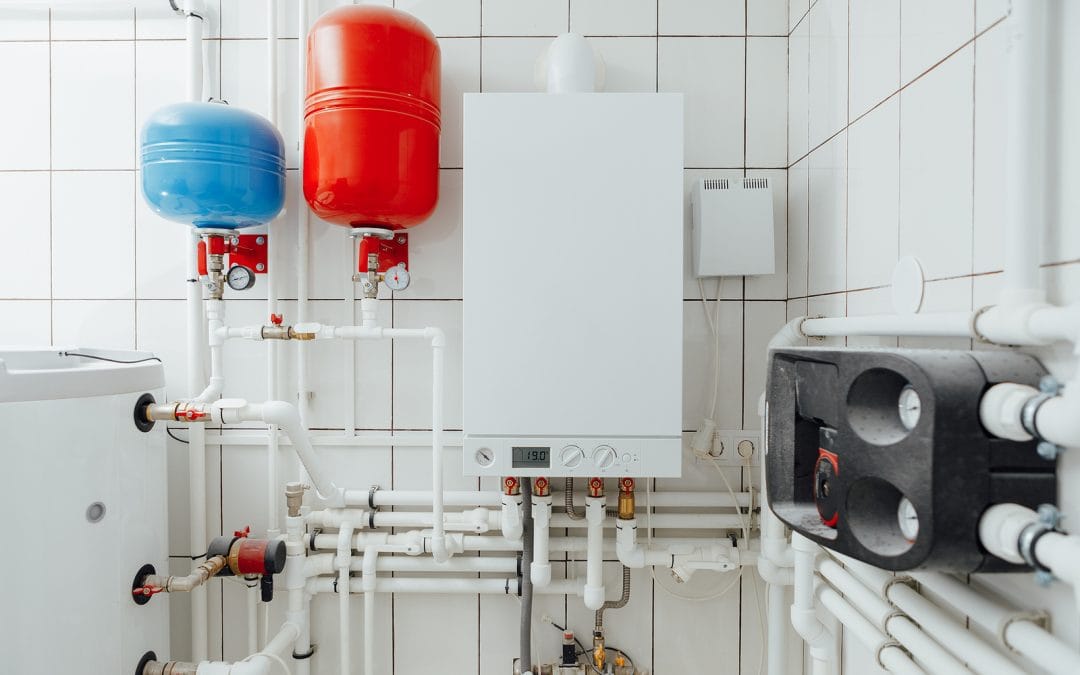Many people have a familiar tale; they are at home during the evening only to hear the boiler shut off, the radiators suddenly cool down and feel the hot tap water remain lukewarm. There may be an error code on the boiler, but the pressure meter on the front reveals that it has fallen below the minimum threshold.
Losing water pressure in your boiler is extremely common over time due to evaporation and changing atmospheric conditions. It can happen once or twice a year during the changing of the seasons and not be anything to worry about.
It can also be the result of bleeding radiators and removing trapped air.
Most people can fix the issue themselves using a filling loop to replenish the lost water, in a process that can take less than a minute on a combi boiler. However, significant, sudden or constant losses of water pressure are often more serious and could mean it is time for your boiler to be serviced.
Outside of the most common and easy-to-fix causes, here are some of the reasons why your boiler might be losing pressure and the best ways to fix it.
How Low Is Too Low?
The optimum water pressure in a boiler is between 1 bar and 2 bar. Anything significantly above or below this threshold could cause the boiler to stop working.
However, whilst the former is more obviously dangerous, the latter can be a sign of a more significant issue, particularly if your boiler struggles to maintain pressure.
A Pipework Leak
One of the most common reasons for consistent losses in water pressure is a leak somewhere in your heating system.
These can sometimes be easy to spot if there is a physical leak, damage to the ceiling, the smell of stagnant water or growing damp stains on the walls, but sometimes it can be harder to see where the issue is without the help of a professional.
Thankfully, the most common leaks are found in radiator valves, radiator pipes and heated towel racks, which are usually obvious enough to contact a boiler engineer to fix. Even a tiny weep is enough to lose pressure.
A Leak In The Boiler Itself
Boilers can be relatively complex, and there are a lot of valves, seals and moving parts in a boiler. It is possible for one of these to wear out and cause a leak sufficient enough to lose pressure.
This can vary from a simple valve to the heat exchanger unit, but any issue that would require you to open up your boiler should only be undertaken by a Gas Safe engineer.
A Faulty Pressure Valve
One of the most vital safety features on a boiler is one of the simplest. If a boiler has too much pressure, a pressure relief valve will automatically open, reducing the boiler pressure until it reaches a safe level and preventing an explosion.
They are typically designed with a failsafe mechanism which keeps it open in the case of a problem because it is much safer for pressure to be released than for too much pressure to build.
This does, however, mean that if the valve does break, it often results in a significant loss of water pressure, ultimately preventing the boiler from working properly.
Weakened Solder Joints
Metal pipes are typically connected using soldered joints, particularly for curved and corner pieces. These soldered points are typically very strong and watertight, but as they are the weakest point of your pipework, they are also the most likely points for a leak to be formed.
As noted before, a leak is one of the most common causes of water pressure loss, and whilst there are putties and waterproof seals that can temporarily fix the issue, a long-term solution is to contact a professional and get it fixed as soon as possible.
Once the leak is fixed, fill up the boiler using the filling loop, and it should work again.
A Broken Pressure Gauge
This is mercifully somewhat rare, but a potentially dangerous cause of a low water pressure reading is not actually caused by low water pressure but by a broken gauge.
Usually, you can tell this is the case if the gauge shows an extremely low reading, is under the minimum threshold but still dispensing hot water, or if the filling loop does not cause the reading to change.
This can be very dangerous, and even if your boiler is otherwise functioning normally, you should get in touch with an engineer to diagnose why it is not working and fix it.

